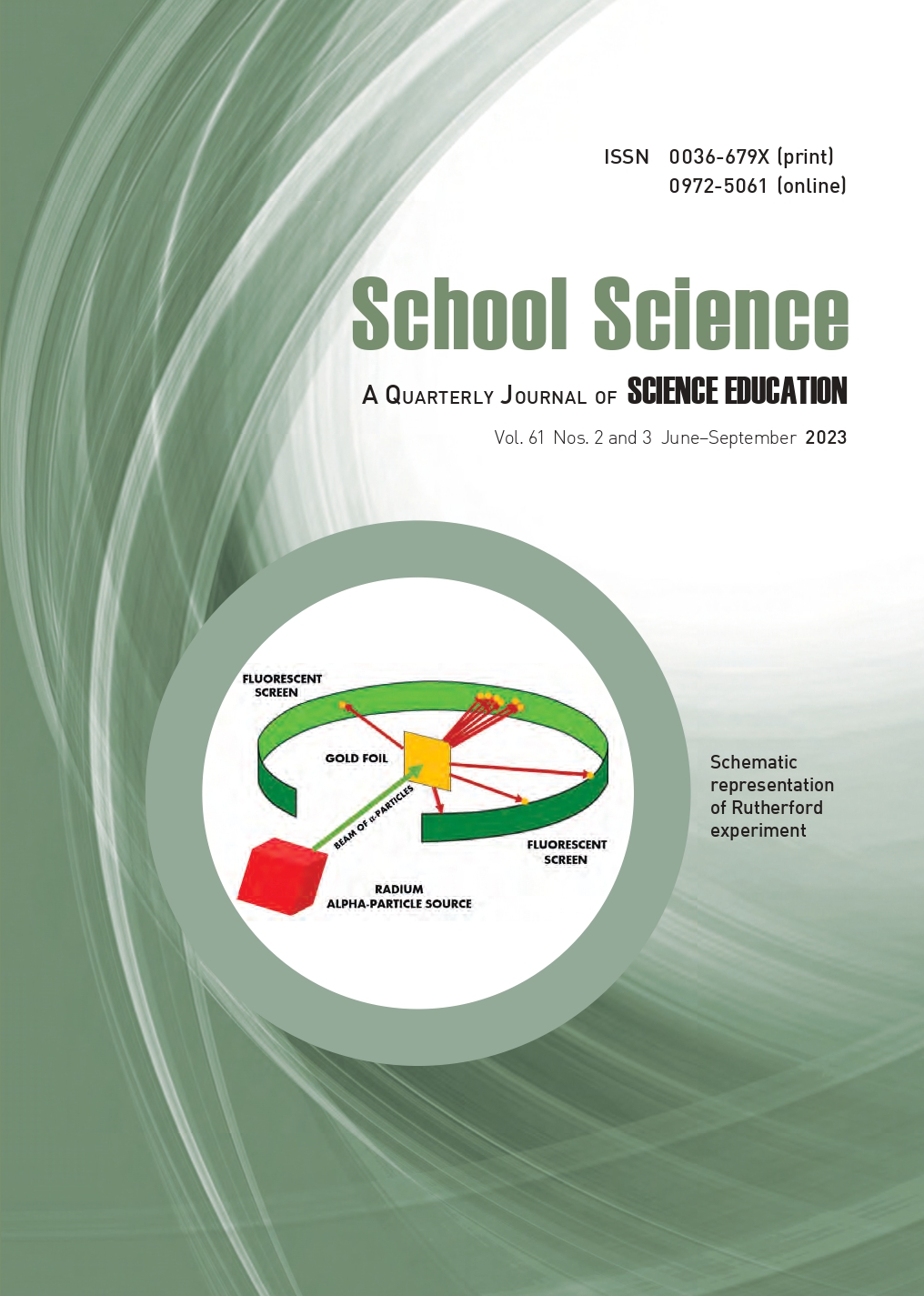Published 2023-09-30
Keywords
- Soil,
- Management
How to Cite
Abstract
The soil-water system acts as a substratum composed of organic matter, minerals, water, air, and microorganisms, which features ecosystem health. Soil, acting as a natural filter, ensures water quality, which includes its physical, chemical, biological and microbiological characteristics. Deforestation, unsustainable land use practices and climate change contribute to soil erosion, undermined soil quality, and altered precipitation patterns, affecting the balance of the soil-water system, and leading to more frequent droughts and floods. Moreover, various point sources and nonpoint sources of pollution have put the soil-water system at risk, eventually leading to groundwater contamination. Various kinds of pollutants, such as arsenic, fluoride, selenium, uranium, iron and petroleum hydrocarbons (nonaqueous phase liquid) have been found to contaminate soil-water systems. This article discusses a systematic a systematic undertaking, starting with a preliminary site assessment, examining historical records and inspecting the area for visible signs of contamination that is crucial to identify and manage a polluted site. The article provides insights on expertise approach for the polluted landscape management, which highlights local and climatic solutions.

